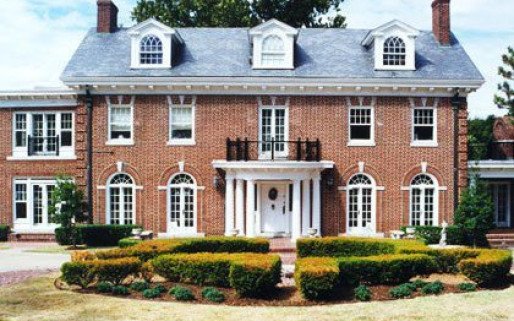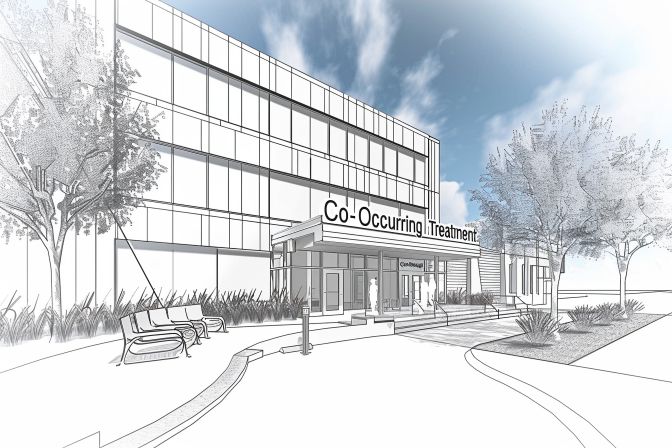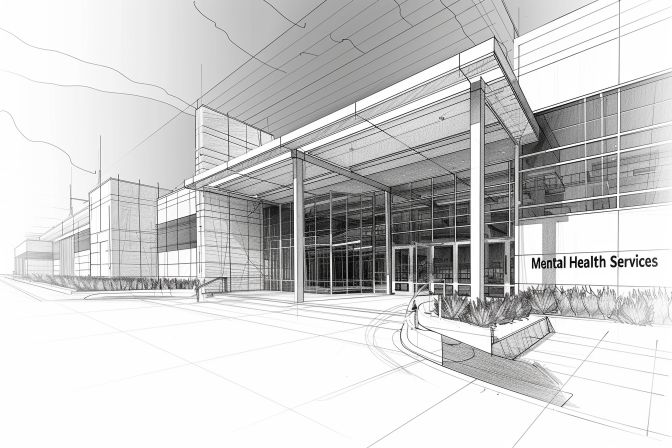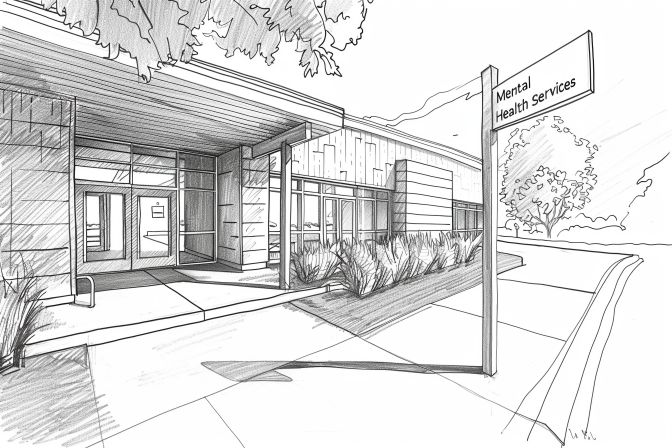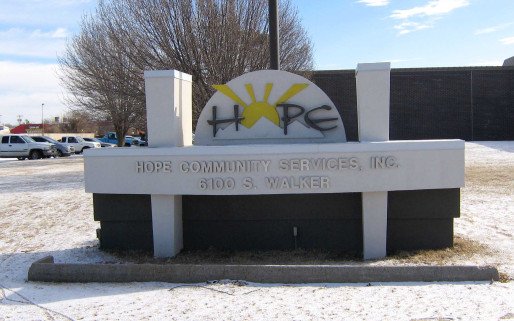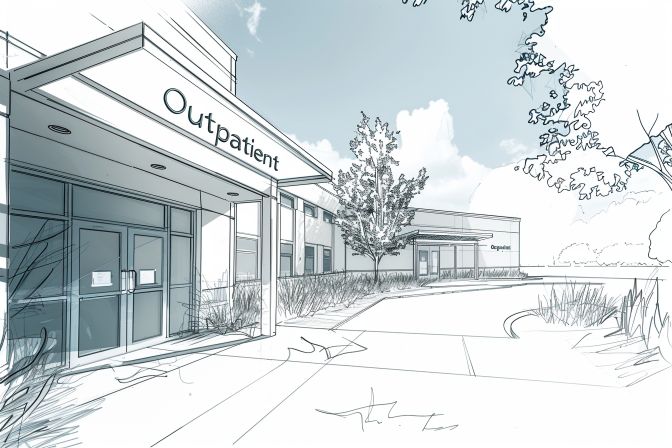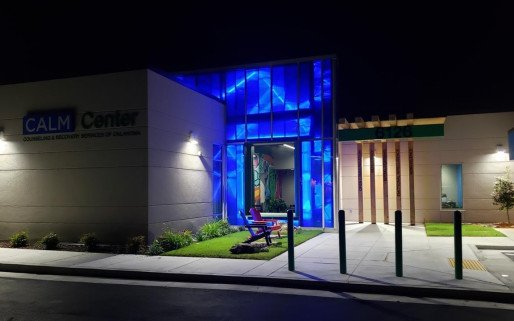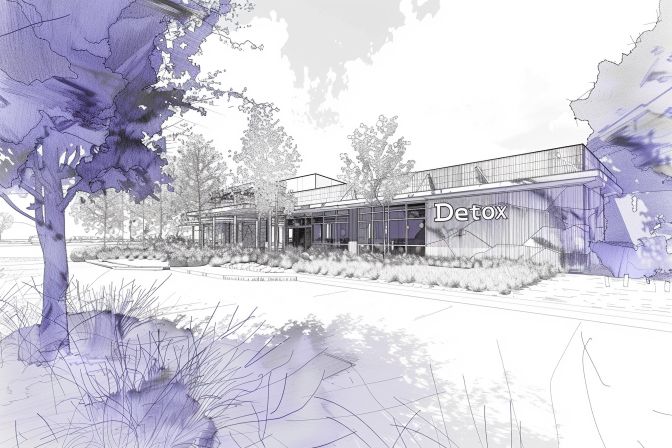Drug abuse in Oklahoma
Oklahoma has a population of 3,986,639 people. The most recent data from the 2021 National Survey on Drug Use and Health (NSDUH) found that 674,000 people over the age of 12 had abused illegal substances in the past month, around 16.91% of the population. 663,000 reported marijuana use in the past month and 933,000 in the past year. The report also found that 72,000 Oklahoma residents had abused cocaine in the past year, 79,000 had abused meth, and 142,000 had abused prescription pain medication. 35,000 people over the age of 18 reported using heroin in the last year. Those reporting opioid misuse including heroin, painkillers, and fentanyl in Oklahoma totaled 154,000 people.
Alcohol abuse in Oklahoma
Alcohol misuse was also reported in Oklahoma with 1,537,000 people over the age of 12 saying they had used alcohol in the last month and 793,000 reporting binge drinking. The perceived risk of people over 12 years of age indulging in problematic alcohol use (5 or more drinks twice a week) in a month was 1,560,000 people.
Drug overdose deaths in Oklahoma
In 2021, Oklahoma saw a total of 897 recorded drug-related overdose deaths. This includes those that were accidental or unidentifiable but excludes those that were related to suicide or homicide. The total number of alcohol-related deaths (including overdose and all other causes) was 838 or 21 per 100,000 people.
Addiction treatment in Oklahoma
The NSDUH report also recorded the total amount of substance abuse disorders in Oklahoma and those who currently require treatment. The report found that 717,000 were recorded as having a substance use disorder (SUD) and 436,000 had an alcohol use disorder. 145,000 people were recorded as having an opioid use disorder including those with painkiller, heroin, and other opioid-based drug use disorders. There are also many who have been diagnosed with or reported a substance, illicit drug, or alcohol use disorder that require rehab treatment and are not receiving it. The report found that 383 people in Oklahoma needed treatment for illicit substance abuse, 434,000 required treatment for an alcohol use disorder, and 628,000 needed treatment for a diagnosed substance use disorder.
What treatment options are available in Oklahoma?
Rehab centers in Oklahoma use various treatment methods to help individuals reduce their substance use. You can go for inpatient or outpatient treatment to access these addiction treatment services.
Finding the proper treatment for your addiction is crucial. Although most times, it can be challenging considering how many approaches have been invented to help reduce substance use over the years. But with assessment services offered by most Oklahoma rehab centers, you’ll be sure to get the appropriate treatment.
Here are some of the standard treatment options available in Oklahoma:
- Anger Management
- Cognitive Behavioural therapy
- Addiction treatment for teens
- Brief Intervention
- Addiction treatment for seniors or older adults
- Trauma-related counselling
- Telemedicine therapy
- Relapse prevention
- Motivational Interviewing
- Brief Intervention
- Specialist treatment for pregnant women
How do I know I need addiction treatment?
Addiction is clinically referred to as a disease that leads to the compulsive use of one or more substances. Substance use disorder affects an individual's physical health and tampers with their behavior, work, motivation, and relationships.
If taking drugs, alcohol or engaging in certain behaviors is destroying your life, it might be time to seek help. Addiction treatment centers in Oklahoma offer assessment services to determine whether or not an individual is suffering from substance use disorder. This assessment will also help determine the level of care you need.
Here are signs that indicate you need rehab treatment:
- Lack of an appetite
- Trying to quit the substance but unable to
- Disregard of health consequences of drug use.
- Cravings
- Engaging in risky behavior to get the drug
- Willing to do anything to get the substance
- Withdrawal symptoms like trembling, sweating, and discomfort.
- Insomnia
- Change in friend groups
- Drastic weight loss or gain
There are also social signs that signal you need addiction treatment. If you start to ignore your hobbies, avoid responsibilities, and have relationship issues, there could be something wrong.
Determining whether or not you need rehab treatment is a brave step because if you do, you won’t only be saving your life but of those around you.
How do I pay for rehab in Oklahoma?
The cost of addiction treatment is not the same all over Oklahoma. The amount you pay depends on the programs and the type of care you need while at the rehab center. Inpatient rehab will likely cost more than outpatient detox programs.
If you cannot pay in cash, most rehab centers in Oklahoma accept different health insurance plans. You can use private, public or military insurance to help cover some of your rehab costs. The amount covered by insurance depends on your specific insurance plan and provider.
Most people can’t afford health insurance. But there are still other ways to access addiction treatment services. You can seek help from friends and family or set up a GoFundMe to help raise the money you need.
Some Oklahoma rehab centers provide free and low-cost services to those in need. These facilities can offer free services through community initiatives or state funding. While free rehab centers are a great option, the lines will be long, and the limited financing affects the speed of service delivery.
Government assistance for addiction treatment in Oklahoma
The Oklahoma Mental Health and Substance Abuse Agency (OBMHSAS) is focused on promoting productive lifestyles and helping those with substance abuse disorders improve their mental and physical well-being. The agency's core mission is to provide prevention and treatment services for indigent Oklahomans who can't afford to pay.
The OBMHSAS operates 11 treatment provider organizations in Oklahoma and provides medication-assisted treatment to high-risk Oklahomans like pregnant women, Native Americans, and veterans.
They continue to provide mental health and substance abuse support by offering an easy-to-remember helpline, 988. This mental health and addiction helpline are for individuals living in any part of Oklahoma.
You can reach the OBMHSAS at 405-248-9200.

